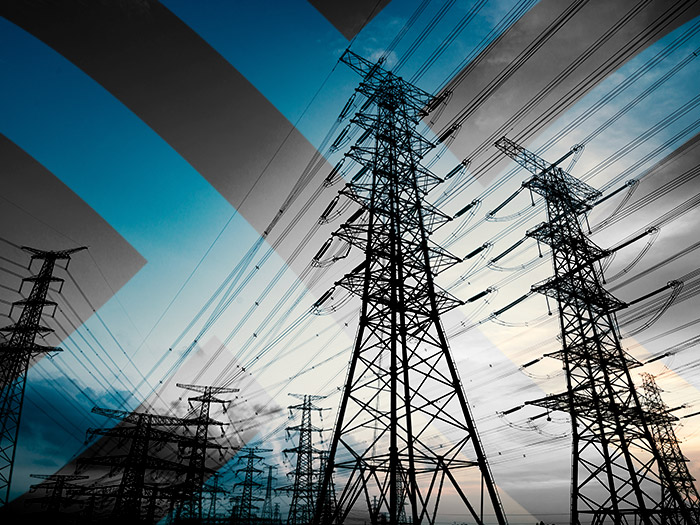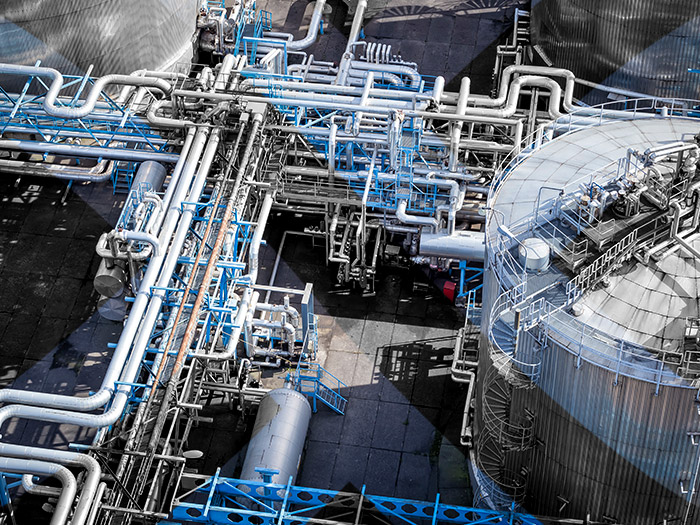Insights
better business decisions
Posted 3 years ago | 3 minute read

Energy prices to keep rising, says World Bank
The war in Ukraine has dealt a major shock to commodity markets, altering global patterns of trade, production, and consumption in ways that will keep prices at historically high levels through the end of 2024, according to the World Bank’s latest Commodity Markets Outlook report.
Published on 26 April, the report noted that the increase in energy prices over the past two years has been the largest since the 1973 oil crisis. Price increases for food commodities—of which Russia and Ukraine are large producers—and fertilizers, which rely on natural gas as a production input, have been the largest since 2008.
Energy prices are expected to rise more than 50% in 2022 before easing in 2023 and 2024. Non-energy prices, including agriculture and metals, are projected to increase almost 20% in 2022 and will also moderate in the following years. Nevertheless, commodity prices are expected to remain well above the most recent five-year average. In the event of a prolonged war, or additional sanctions on Russia, prices could be even higher and more volatile than currently projected.
Because of war-related trade and production disruptions, the price of Brent crude oil is expected to average $100/bl in 2022, its highest level since 2013 and an increase of more than 40% compared to 2021. Prices are expected to moderate to $92 in 2023—well above the five-year average of $60/bl. Natural-gas prices (European) are expected to be twice as high in 2022 as they were in 2021, while coal prices are expected to be 80% higher, with both prices at all-time highs.
Russia’s invasion of Ukraine is also leading to more costly patterns of trade that could result in longer-lasting inflation. It is expected to cause a major diversion of trade in energy. For example, some countries are now seeking coal supplies from more remote locations. At the same time, some major coal importers could step up imports from Russia while reducing demand from other large exporters. This diversion will likely be more costly, the report notes, because it involves greater transportation distances. Similar diversions are occurring with natural gas and oil.
In the near-term, higher prices threaten to disrupt or delay the transition to cleaner forms of energy. Several countries have announced plans to increase production of fossil fuels. High metal prices are also driving up the cost of renewable energy, which depends on metals.
The report urges policymakers to act promptly and to invest in energy efficiency and accelerate the development of zero-carbon sources of energy such as renewables.
GridBeyond CEO and Co-Founder Michael Phelan said:
“Commodity markets are under tremendous pressure, with some commodity prices reaching all-time highs in nominal terms and this will have lasting knock-on effects on all sectors of the economy. It is important to note from this report, that currently there is less room now to substitute the most affected energy commodities for other fossil fuels as price increases have been broad-based across all fuels.
“Reducing reliance on Russian gas will not be simple, and efforts will be needed across multiple sectors, alongside international cooporation on energy supply and security, which over the short to medium terms could lead to further pressure on energy prices. However, by investing in energy efficiency and accelerating the roll-out of green technologies there may be longer-term benefits for the energy transition.”









